Research

The Local Connection Crisis: New Data on What Comm...
The Center for Media Engagement collaborated with New_ Public to understand which local digital spaces people use, how they use and view them, and how they feel about their community. Read More

Connective Posts: A New Approach to Political Conv...
Exploring the use of “connective language” as a way to help people better connect with each other and enjoy their online experience. Read More

Quotes and Credibility: How Storytelling Approache...
Given the diminishing trust in U.S. news media, especially among political conservatives, the Center for Media Engagement set out to examine whether certain storytelling approaches affect people’s perceptions of credibility and bias. Read More

Power Struggles: Texans’ Thoughts On The AI Data C...
While public opinion about AI is mixed, Americans’ primary concerns revolve around issues of displaced jobs and data privacy. This study is one of the first to explore public attitudes related to AI and its environmental impact. Read More
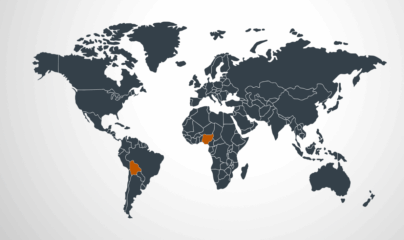
Identity Propaganda and Elections in Bolivia and N...
Group identity has the potential to be a strong political motivator. Political elites have long recognized this potentially powerful and evolving correlation. So too have propagandists. Oftentimes, they are one and the same. Read More

Connective Democracy: A New Approach to Fighting P...
In a special issue of Social Media + Society, CME researchers curate a collection of scholarly articles that explore connective democracy. Read More

Can Solidarity Reporting Boost News Story Credibil...
Examining whether covering social justice issues using a solidarity reporting approach increases perceptions of news story credibility. Read More

Anti-Disinformation Laws: Democratic Backsliding &...
A look at how ‘anti-disinformation’ laws exist within continuums of democratic backsliding that produce chilling effects. Read More

Bridging Divides on Social Media: A New Approach D...
Examining a novel approach to identifying “connective language” that brings people together on social media. Read More

Navigating Election Prep in Battleground Areas: Ne...
As Election Day approaches, how are newsrooms tasked with covering contentious races handling the pressure? 10 editors at newsrooms in battleground districts or states to learn more about the opportunities and challenges they face. Read More

Generative Artificial Intelligence and Elections
The Center for Media Engagement investigates GenAI’s role before, during, and after several key global elections in 2024. Read More

Front Porch Forum: Fostering Civic Engagement and ...
Public-friendly digital spaces where people feel welcome, make connections, build understanding, and work together can seem elusive. This work builds on our Civic Signals project to investigate how members of Vermont’s Front Porch Forum perceive the platform. Read More

The State of Science Reporting in Today’s Di...
A survey of journalists and scientists to better understand their experiences in the production of science news. Read More

Political Machines: Understanding the Role of AI i...
To better understand major trends and common concerns about the role of Generative AI in politics, the Center for Media Engagement conducted interviews with experts in the digital politics space. Read More

How News Audiences Respond to Journalist Race and ...
Exploring how different racial and ethnic groups respond to bylines from journalists who share their race or ethnicity. Read More

Values, Politics, and Misinformation: Examining Co...
This study aims to unpack the values that impact the Filipino diaspora’s political viewpoints and understand how political preferences are technologically communicated using these values. Read More

Platform Research Ethics for Academic Research
There’s been a lot of research on digital platforms. But how do we know these studies were conducted ethically? And what does it mean to conduct ethical research?
We examine the state of current platform studies ethics. Read More

The Landscape of Art-Science Collaboration Program...
The Center for Media Engagement compiled a comprehensive database of more than 130 active art-science programs and conducted interviews with the key players driving these projects. Read More

Fact-Checking Approaches in Broadcast News
The Center for Media Engagement set out to test two approaches in broadcast news: a more traditional just-the-facts style that lays out the corrections and a more empathetic style that walks viewers through the discovery of why the misperception is wrong. Read More
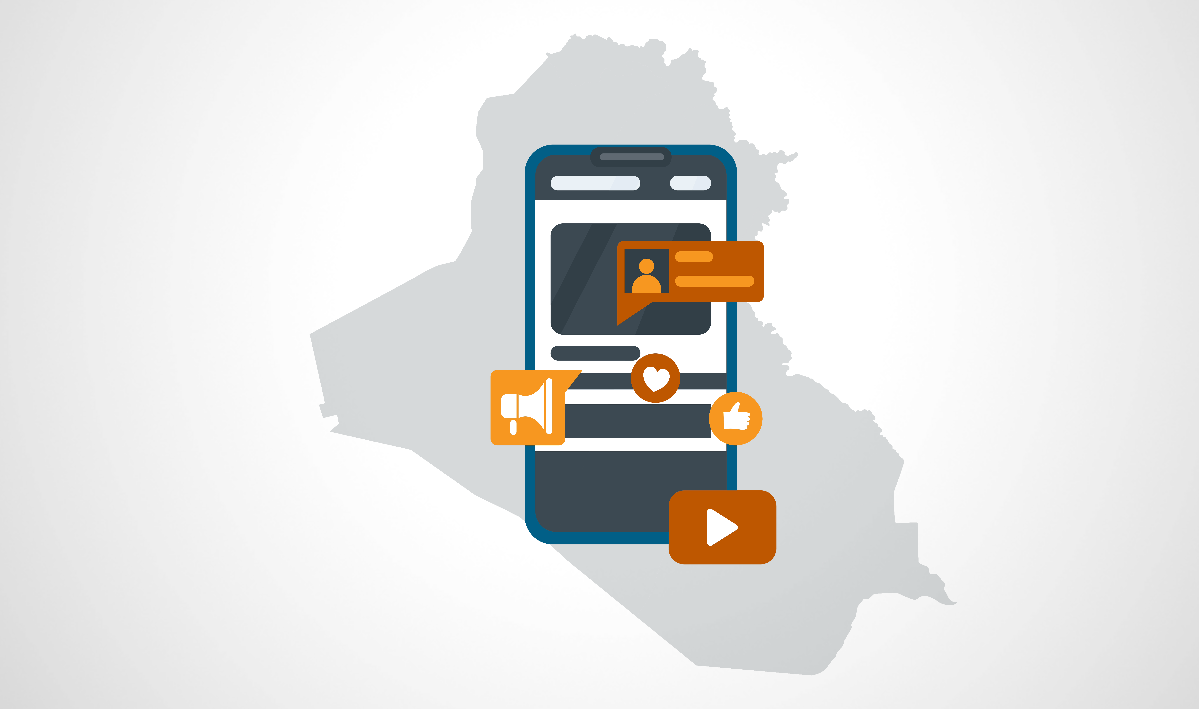
The Role of Social Media in Iraq’s Tishreen ...
This report explores how Iraqis in the diaspora leveraged social media during the Tishreen movement to mobilize both online and offline activism. It also investigates how propaganda and false information shaped this activism. Read More
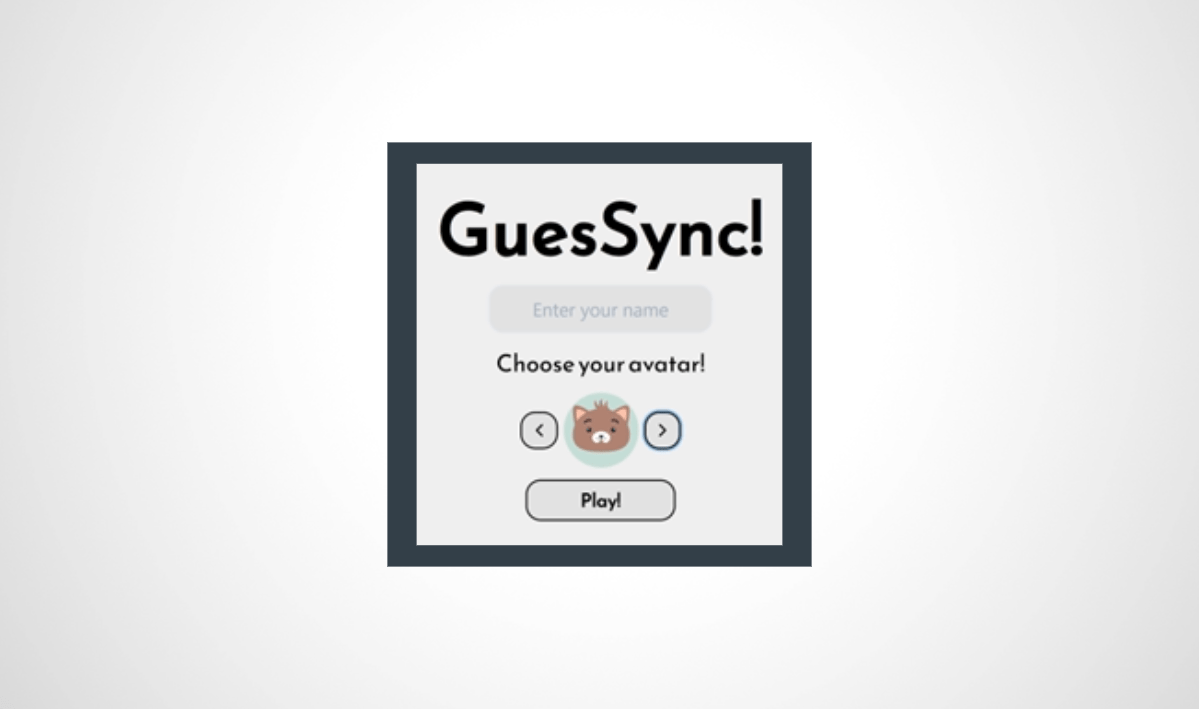
A Simple Online Game Can Help Bridge Political Div...
New research that examines whether an online guessing game that includes questions about political issues can help address people’s misperceptions about the other side. Read More

Misinformation on WhatsApp: Insights From the Cari...
WhatsApp has become a dominant platform for communication, entertainment, and news sharing among U.S. diaspora communities. It has also emerged as a significant source of misinformation. Complimenting ongoing and previous research, this report focuses on Caribbean diaspora communities. Read More

Migration Narratives in Chicago Media
An examination of how Chicago news outlets covered migration reveals questions news organizations might want to consider when examining their migration coverage. Read More
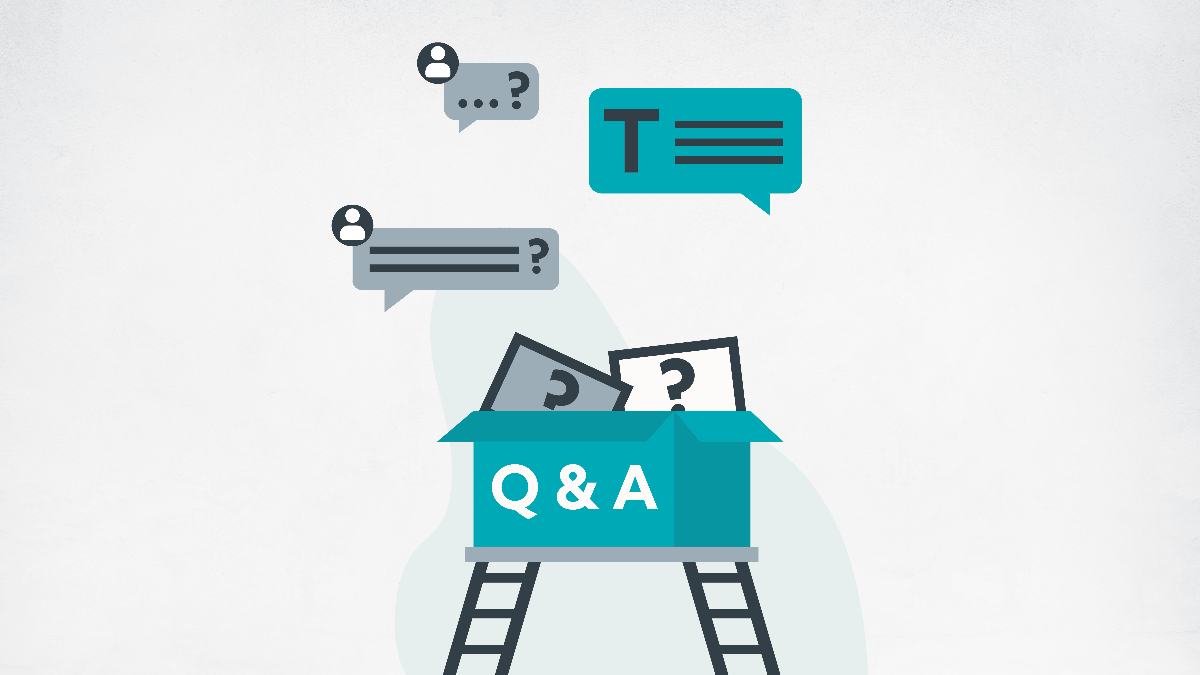
Curbing the Decline of Local News Through Engaged ...
Practicing engaged journalism, where newsrooms build relationships with their audience by responding to community concerns, can offer a lifeline. Read More
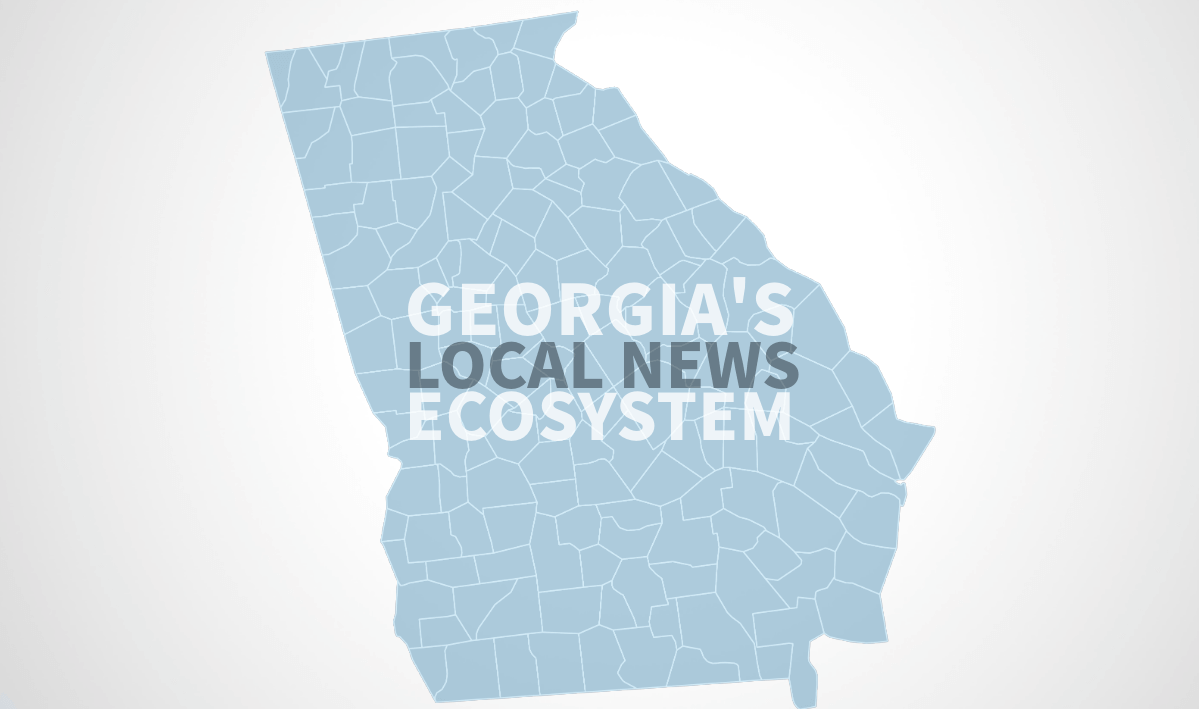
Georgia’s Local News Ecosystem
This report provides an overview of media coverage in the state of Georgia. Read More

Do Democrats and Republicans Live in Different Wor...
A look at whether political partisanship is predictive of people's beliefs in true and false claims. Read More

Encrypted Messaging Applications and Political Mes...
A look at the role EMAs play in global disinformation efforts and the manipulation of public opinion. Read More

How Multiple-Choice Quizzes Can Help Fact-Checkers
How online multiple-choice quizzes present an opportunity to encourage readers to engage with fact-checking content and to help them learn. Read More

The State of Science Reporting in Today’s Digital ...
We interviewed scientists to better understand some of the biggest problems facing science communicators in a changing media landscape. Read More

The News Philadelphians Use: Analyzing the Local M...
Understanding the needs of local news audiences is essential for a healthy media ecosystem. And before newsrooms can take steps toward meeting these needs, it’s crucial that they understand how people interact with local news, what issues they find important, and what communities feel underrepresented. Read More

